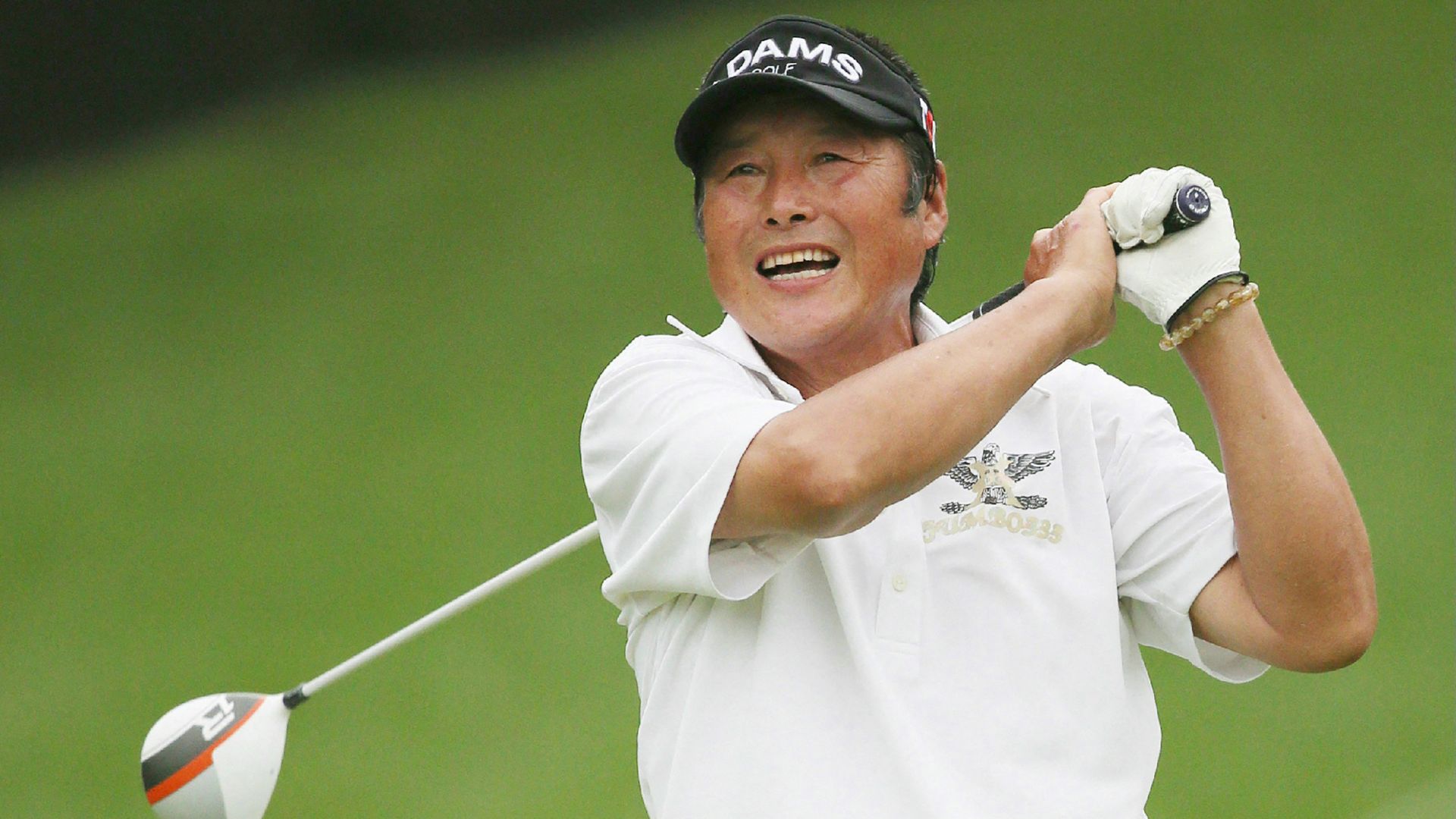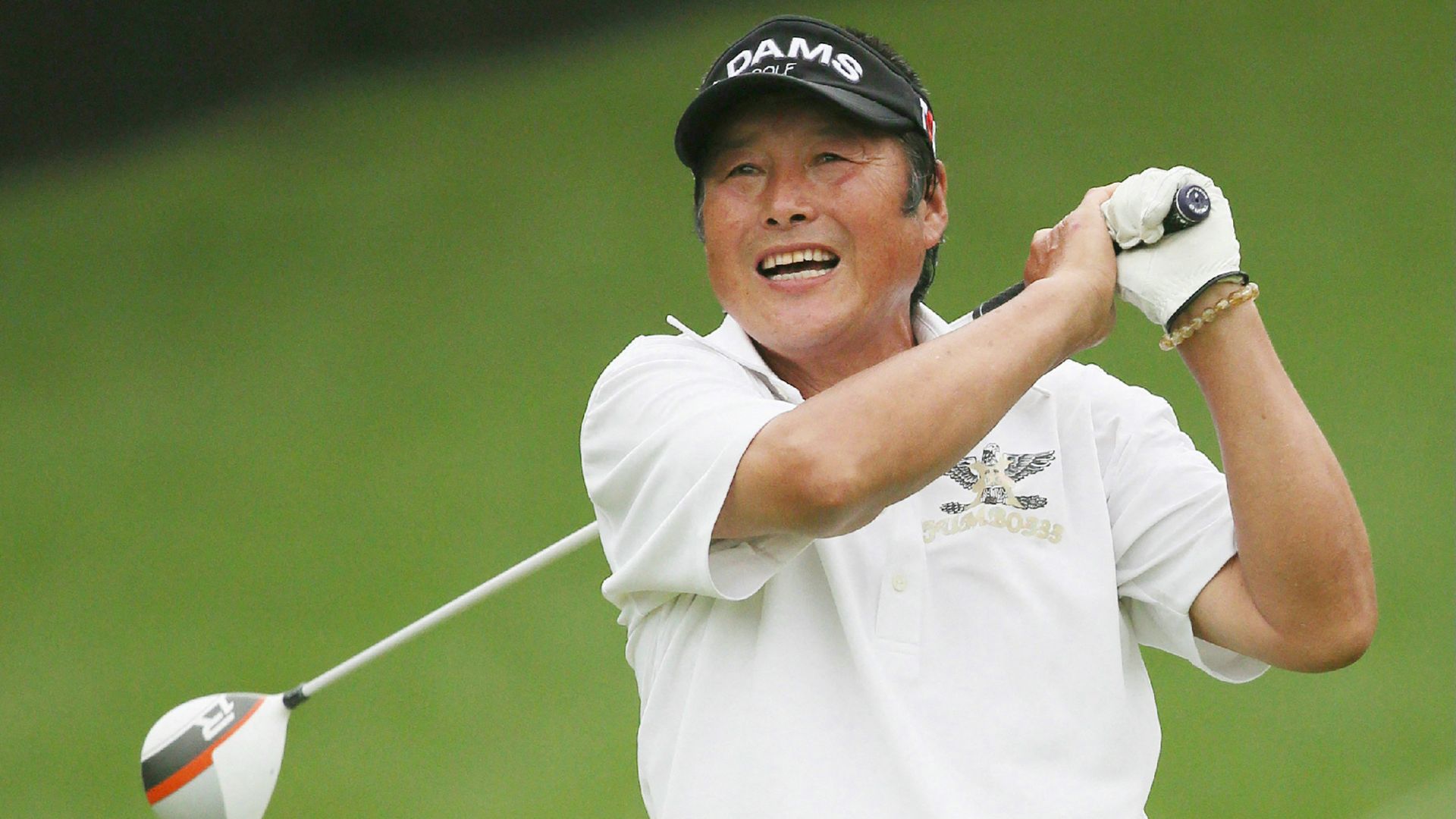Japanese golf icon Masashi ‘Jumbo’ Ozaki has died at 78. He was inducted into the World Golf Hall of Fame in 2011.


Japanese golf icon Masashi ‘Jumbo’ Ozaki has died at 78. He was inducted into the World Golf Hall of Fame in 2011.

Japanese golf icon Masashi ‘Jumbo’ Ozaki has died at age 78. He was inducted into the World Golf Hall of Fame in 2011.

Japanese golf icon Masashi ‘Jumbo’ Ozaki has died at age 78. He was inducted into the World Golf Hall of Fame in 2011.

Japanese golf icon Masashi ‘Jumbo’ Ozaki has died at age 78. He was inducted into the World Golf Hall of Fame in 2011.

Japanese golf icon Masashi ‘Jumbo’ Ozaki has died at age 78. He was inducted into the World Golf Hall of Fame in 2011.

Legendary Japanese golfer Masashi ‘Jumbo’ Ozaki has died at 78. He was inducted into the World Golf Hall of Fame in 2011.

Japanese golf icon Masashi ‘Jumbo’ Ozaki has died at 78. He was inducted into the World Golf Hall of Fame in 2011.

Japanese golf icon Masashi ‘Jumbo’ Ozaki has died at age 78. He was inducted into the World Golf Hall of Fame in 2011.

Japanese golf icon Masashi ‘Jumbo’ Ozaki has passed away at 78. He was inducted into the World Golf Hall of Fame in 2011.

Japanese golf icon Masashi ‘Jumbo’ Ozaki has died at the age of 78. He was inducted into the World Golf Hall of Fame in 2011.